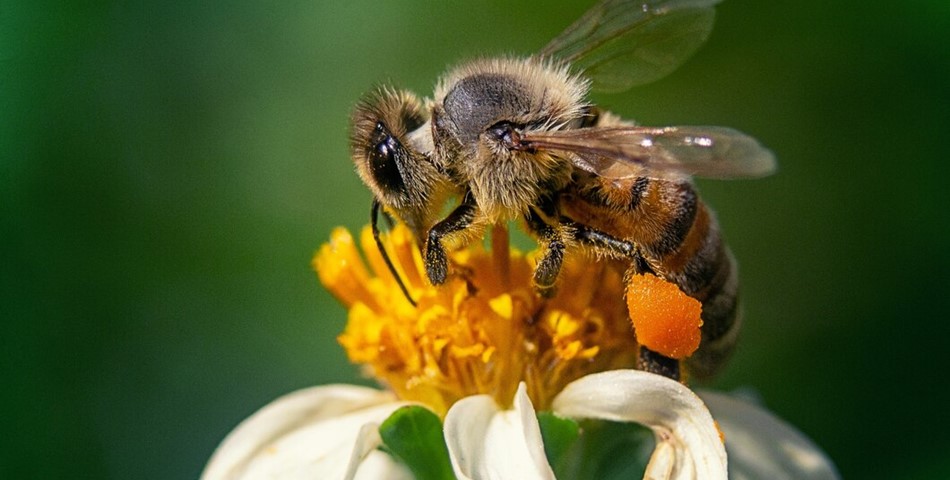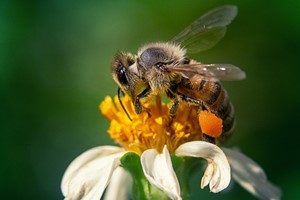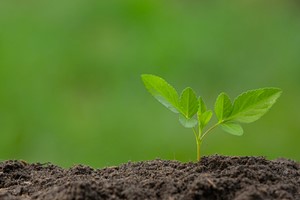In recent years, the fascination with probiotics—beneficial microorganisms essential for human health—has surged. Often associated with gut health and bolstering the immune system, probiotics have become a focal point of research and consumer interest. A groundbreaking study conducted by researchers at the Polytechnic University of Marche has taken a significant step forward in identifying potential probiotic yeast strains that could revolutionize human health.
Yeast, a type of fungus with a rich history in food production and medicine, offers a diverse array of species, many of which remain untapped resources for probiotic applications. While Saccharomyces cerevisiae is well-known for its role in baking and brewing, the study at hand delves into yeasts from the honeybee ecosystem, exploring their probiotic traits and potential for human consumption.
The researchers commenced their investigation by scrutinizing 55 yeast strains from various genera, including Candida, Debaryomyces, Hanseniaspora, Lachancea, Metschnikowia, Meyerozyma, Starmerella, and Zygosacchromyces. They rigorously assessed each strain's resilience against the harsh conditions of the human gastrointestinal tract, such as acidic pH and bile salts, while also evaluating their ability to adhere to human intestinal cells, form biofilms, and exhibit antimicrobial activity against common pathogenic bacteria.
The findings revealed that over half of the yeast strains were unable to survive the simulated gut environment's conditions. A subsequent protease test, which mimics the effect of digestive enzymes, further refined the selection to 27 strains demonstrating resilience and potential for thriving within the human digestive system.
An integrated analysis pinpointed seven yeast strains with promising probiotic characteristics, all belonging to the Meyerozyma genus. Among these, three strains were identified as Meyerozyma guilliermondii, and four as Meyerozyma caribbica—a discovery aligning with earlier research highlighting the probiotic potential of Meyerozyma species in various contexts.
Past studies have underscored the broad spectrum of environments harboring probiotic yeasts, from wild yeasts in natural habitats to spontaneously fermented foods. Additionally, the consistent presence of certain yeast species in honeybee guts and products across seasons suggests a robustness that could be beneficial in a probiotic context.
The antagonistic activity of specific yeast strains against pathogens, such as Aureobasidium pullulans and Meyerozyma guilliermondii inhibiting postharvest pathogens in fruits, further supports the idea of yeasts' potential role in inhibiting harmful bacteria in the human gut.
Moreover, the study aligns with the growing consumer interest in natural and functional foods. The incorporation of new probiotic yeasts into foods and beverages presents exciting possibilities for health-conscious consumers. For example, research has demonstrated the use of Meyerozyma caribbica in fermented pineapple beverages, resulting in products with favorable sensory and nutritional properties.
The research from the Polytechnic University of Marche contributes to a deeper understanding of the probiotic potential of yeasts, particularly those from the Meyerozyma genus. By isolating and characterizing these strains, the study opens avenues for further exploration into their utilization in the food and health industries. As consumer demand for probiotic products continues to soar, such research remains pivotal in developing new and effective probiotic strains capable of enhancing human health.
Agro-ecosystem of honeybees as source for native probiotic yeasts














